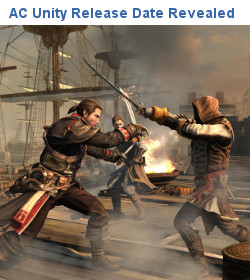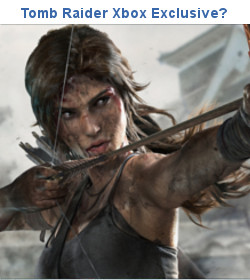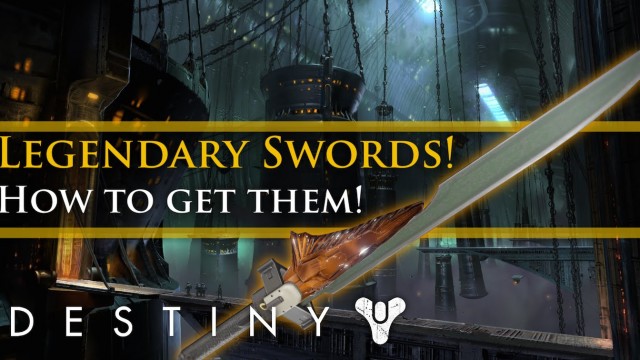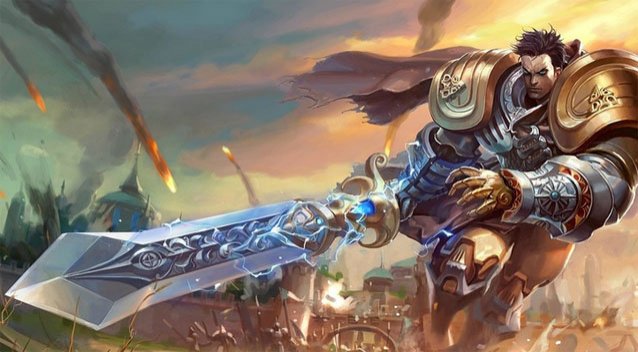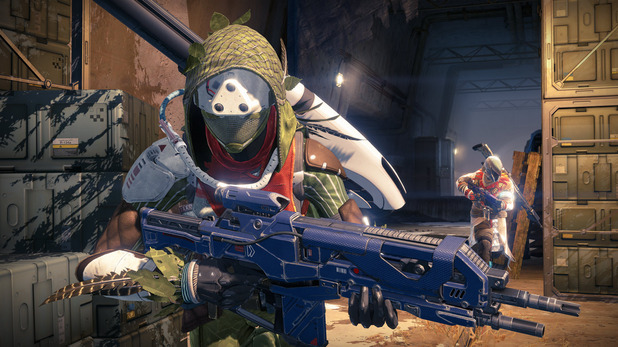

Ubisoft's CEO Yves Guillemot announced at Gamescom that the company will no longer continue to develop games on the Xbox 360 and PlayStation 3 in 2015. This has come as a startling blow to the seventh generation of consoles (which includes the Wii) as this marks one of the largest publishers in gaming's departure from the generation. Ubisoft do not seem to be the only publishers shifting their focus to the eighth console generation. Of the three major publishers who had press conferences at Gamescom, none featured titles exclusive to seventh generation systems. Microsoft showed no first party seventh generation games during its press conference, while Call of Duty: Advanced Warfare, the only game presented available on Xbox 360, pushed an Xbox One bundle. Similarly, Sony demonstrated Metal Gear Solid V and Destiny, which are both cross-generational, but placed their best foot forward with the PlayStation 4 versions of these two games.

The latest generation has been met with contention and criticism. Rumours and announcements were plagued by the shadow of DRM and always-online functionality. Security and privacy questions surrounded the Xbox One's always online Kinect even before NSA administrator turned leaker Edward Snowden revealed just how much the security agency keeps track of. Like the Wii U, people have been critical of the PlayStation 4 and Xbox One's hardware specifications even before the console were launch, and difficulty struggling to render games like Watch Dogs and Titanfall in 1080p resolution, the standard for "true" high-definition entertainment, seemed to support these criticisms (though games are getting closer to that magic number as developers learn to work with the hardware). Major publishers like Ubisoft, EA, and Warner Brothers have cut support for Nintendo's eighth-generation console due to under-performing sales, and it is unlikely that they will return with the Wii U's recent sales bump thanks to Mario Kart 8. These problems have coincided with an increase in the PC sales base, although these sales have been increasing for years. Many still consider the eight generation insufficient to be considered truly next generation and some have posited that this may be the last console generation.
The current generation launched almost two years ago in November 2012, though this matter is debated by some. The PlayStation 4 earned the record of fastest selling unit at launch, and has gone on to sell 10,000,000 units in the nine months since its launch while the Xbox One is rumoured to have sold about 5,000,000 and the Wii U has sold 6,000,000 since its launch in November 2012. Although the eighth generation has not de-throned the seventh generation, the user base continues to grow, as new games are announced and released, even faster than the preceeding generation. Despite this, the eight generation is still considered by many to many "next gen," while the seventh generation continues to be addressed as the "current gen." Why is that?
Despite the success of eighth-generation consoles relative to the seventh-generation and the industry focus on the eighth a feeling persists that the Xbox One and Playstation 4 are another, a quagmire that exists apart from the standard. They are the future, and at the same time they do not present a clear step forward that people would like to take. Two years later and the eighth generation is still the "next" generation. It's a pejorative of sorts thrown around to dismiss a game's quality, such as in the case of Watch Dogs, and still a buzz marketing term used by marketing departments to advertise games.

Gamers are wearing their graduation goggles. Although the seventh generation has been criticized for years for "holding back" developers and technology to work with their dated hardware amidst rumours of the next line of consoles, people are finding it hard to let go. The seventh generation represented more than just another set of consoles: it was the first generation to launch with out of the box internet functionality (with the except of Sega's lone Dreamcast), ushered in new demographics of gamers, broke sales records, and served as the homes for new and reinvigorated IP's which rival and even dwarf the accessibility and revenue of older industries.
For some people it's a question of when to move on. One common answer to that question: when the generation's library is sufficient. There's no point in upgrading now, when consumers can upgrade their console in a year or two years and have more games available to play, especially when games like Destiny are launching on previous generation consoles as well. For other people it's a question of why they should upgrade their consoles, when the PlayStation 4 and Xbox One do not performance much better technically than their previous iterations. The answer to this question is optimization. As developers work with consoles, they gain experience and knowledge of what that console is capable of and are able to optimize their games and engines to perform well with these systems. That is impossible if developers, like Ubisoft, continue to straddle the line between seventh and eighth generation.
Finally, there is the hard truth of the matter: the seventh generation is at an end. Developers and publishers will continue to slowly pull support for last generation consoles, and new games will come to a grinding stop (though this isn't to say that developers will stop releasing games on seventh generation consoles once we hit the 2015 calendar year.) This does not bode well for the first generation of online consoles as much of their libraries are tied into first party online functionality.
For better or worse, gamers need to look forward.
Will you be moving onto a next-gen console, or is it still too soon? Let us know in the comments below!
If you enjoyed this, here's a few more you'll definitely enjoy:



